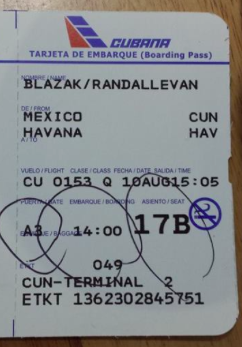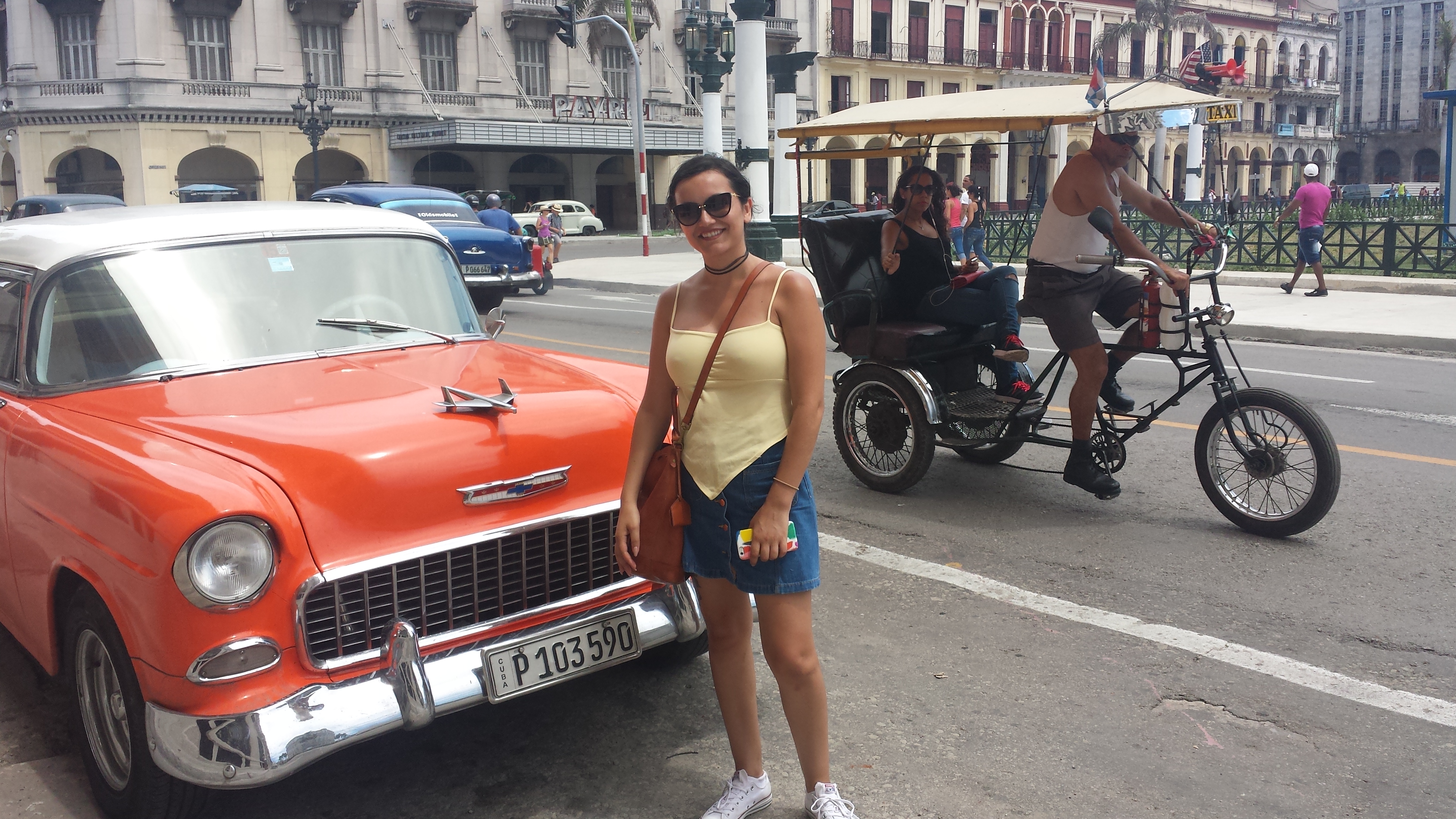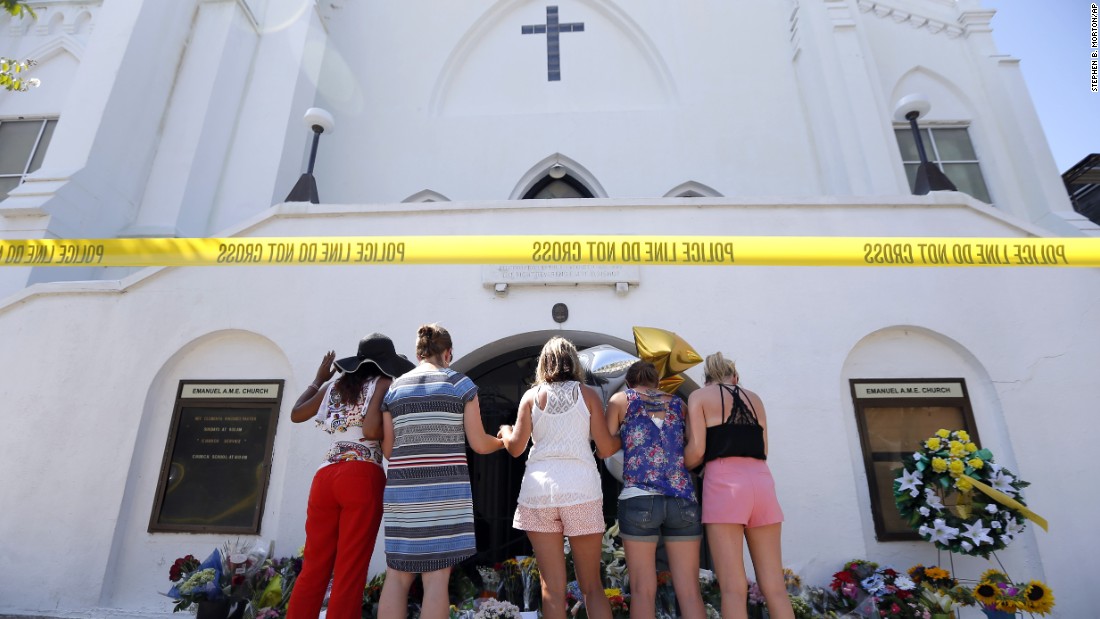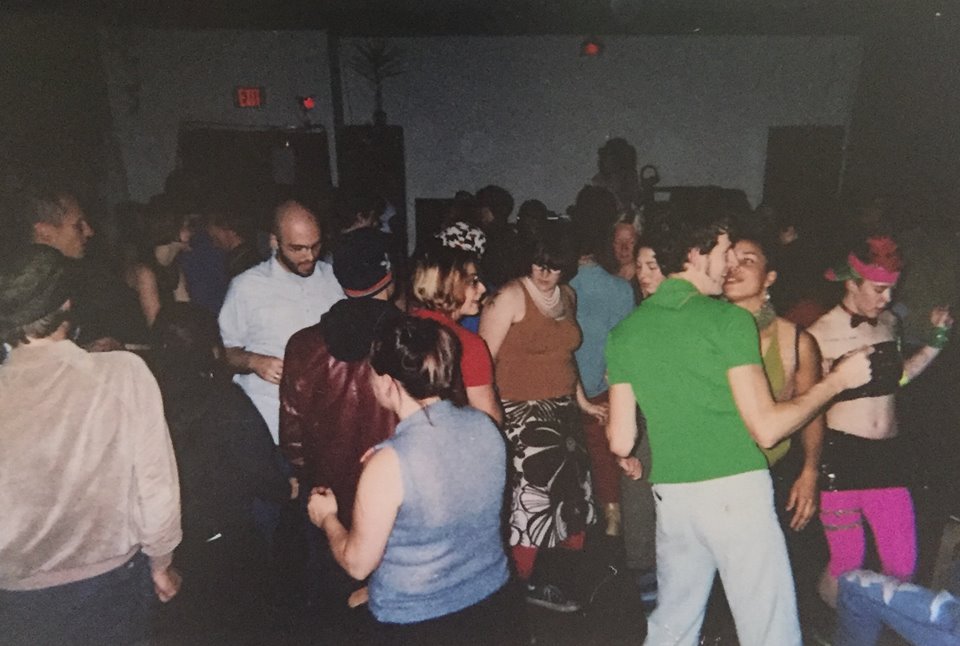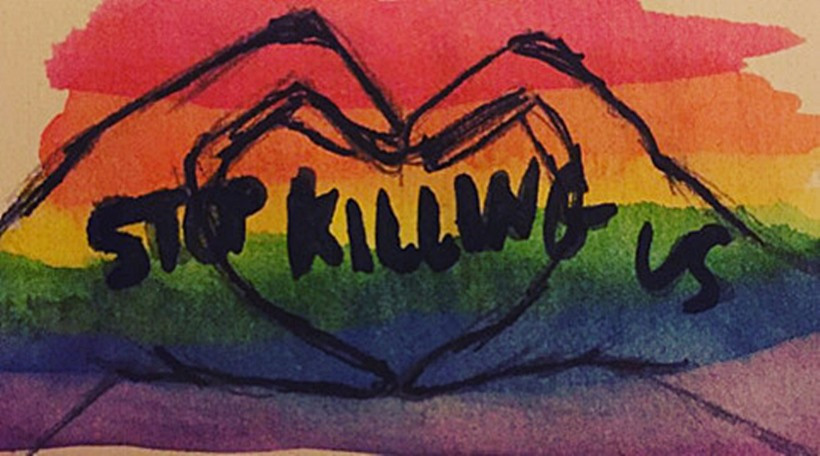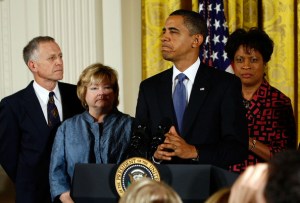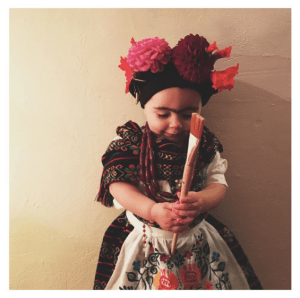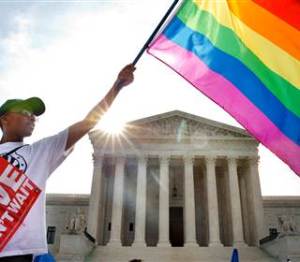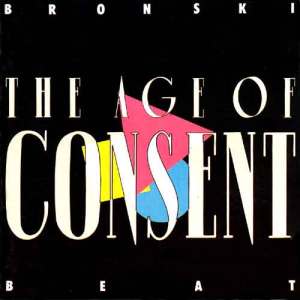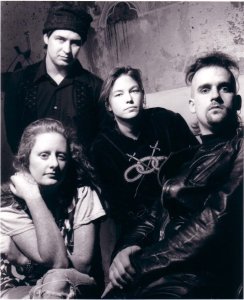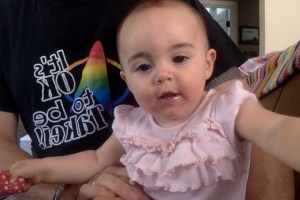September 7, 2023
I was reading recently how four Republican legislators in Florida, Dennis Baxley, Keith Truenow, Taylor Yarkosky and Stan McClain, were threatening the Florida town of Mount Dora (population 14,516) with “all legislative, legal and executive options available.” Mount Dora’s offense? A city-supported program that allowed local businesses to put “Safe Space” stickers in their windows, letting local LGBTQ citizens know they have a place to turn to if they feel threatened. The letter that Baxley, Truenow, Yarkosky, and McClain (their names should be known) sent Mount Dora is part of Governor Ron DeSantis’ “war on woke,” that has amped up the institutional marginalization of queer and BIPOC folks in Florida.
Let’s put aside the fact that the vast majority (all?) of the people who are hostile to “wokeness” couldn’t tell you what wokeness is, even if you offered to pay them in Trump Steaks. I would argue that caring about diversity, equity, and inclusion (DEI!) regarding historically marginalized communities is a good thing. Dismantling bigotry has generally been celebrated as a reflection of truth, justice, and the American way. But there is an army of powerful (mainly straight, white cisgender male) voices who are beating the drum, that woke is fundamentally transforming America and robbing people like them (straight, white cisgender males) of their God-given privilege. They want to make America Jm Crow again, when gay people were back in the closet, where guitarist Carlos Santana recently said they should remain.
I could give you a long lecture about how people respond to rapid social change, about internalized bias, or about how people are attracted to overly simplistic ideologies when they feel they have no personal efficacy. Instead I’d like briefly discuss a place where woke is dead as a doornail. No, it’s not in Ron DeSantis’ wet dreams. It’s in Mauritania, a country in western Africa.
First of all, anytime you start talking shit about a country in Africa, you MUST acknowledge the majority of that shit is the result of centuries of colonialism that have savaged the continent. So many of Africa’s problems are a direct result how those in the Northern Hemisphere have carved up the 12 million square miles and pillaged the land and exploited its people. Having said that, Mauritania has banished woke and become one of the planet’s most violent human rights abusers.
America is finally celebrating Juneteen (well, some of us are) to commemorate June 19, 1865, when the last slaves were finally freed. We can save the discussion for the loophole in the 13th amendment that allows for slavery in prison, but we generally agree that slavery in the United States ended 158 years ago. Slavery is alive and well in Mauritania.
Mauritania was the last country on earth to ban the practice (1981) and didn’t actually criminalize slave ownership until 2007, but the practice is still widespread. Contemporary slavery is rooted in the racist ideology learned from its European colonizers, with “white Moors” enslaving thousands of “black Moors,” as ethnic groups are ranked by skin tone and ethnic affiliation. The social caste system has led to between 10 and 20% of population living and working as slaves, according to a 2013 report. (About 10.3% of Americans were enslaved in 1860.) Now let’s talk about the Confederate flags flying in Florida.
On top of that, Mauritania is one of four African countries (along with Nigeria, Uganda, and Somalia) where being an LGBTQ person warrants the death penalty. (Several other African nations give long/life prison sentences for being queer.) Penalties for homosexuality are based on a strict interpretation of Sharia law, as religion is the primary weapon in the oppression of LGBTQ people in both Mauritania and the United States. While there have been no recent reports of gay or trans people being stoned to death in the African nation, there was a widely circulated 2020 story about 8 men who were arrested at a birthday party and imprisoned for “acting like women.”
In 2023, the president of Uganda. Yoweri Museveni, signed the Anti-Homosexuality Act that mandates the death penalty for homosexuals. It should be mentioned that Texas Republican Senator Ted Cruz condemned the act, saying “Any law criminalizing homosexuality or imposing the death penalty for ‘aggravated homosexuality’ is grotesque and an abomination. ALL civilized nations should join together in condemning this human rights abuse.” There have been many cases of gay men being executed for engaging in homosexual sex in Saudi Arabia, a country controlled by the same religious law as Mauritania.
The arrest, imprisonment, and torture of political opponents has made Mauritania one of the world’s great human rights offenders. The sadistic abuse of those who have opposed the national government have been well documented by Amnesty International (2008), the U.S. Department of State (2014), and the United Nations (2016). Not dissimilar from the book banning happening in Florida, citizens in Mauritania are prohibited from accessing literature that counters state doctrine. Gender-based violence is also viewed as a cultural norm in Mauritania. (The domestic violence rate in Florida is 37.9%, compared to the national average of 29%.)
When A Handmaid’s Tale was published in 1985, author Margaret Attwood said that her fictional novel was based on the reality of events under religious and authoritarian regimes. “I didn’t put in anything that we haven’t already done, we’re not already doing, we’re seriously trying to do, coupled with trends that are already in progress… So all of those things are real, and therefore the amount of pure invention is close to nil,” she said. In one form, Attwood’s fictional Gilead exists in Mauritania. Is it coming to America (or at least Florida)?
Watching the “war on woke” that seeks to make Florida (and America) more like Mauritania (and Gilead) should shake every freedom-loving American who cares about all off us, not just the exalted straight, white cis-gender men in the nation. In Florida, women have less rights they did two years ago (before Dobbs). Seeing DEI programs, rainbow flags, and black history classes being banned in the state may be DeSantis’s agenda to make Florida 1950 again, but I have to think that the majority of Americans are awake to what that looks like. If not, there are some gay black Moors in Mauritania that can wake them up. And for those who are so emphatic that “wokeism” must be stopped, I would beg you to stop and clearly define what you mean by “woke.” Woke might be something you actually believe in.
Either way, you know the establishment in Mauritania, who supports the death penalty for queer people and allows slavery continue, sees the “war on woke” as a vindication of their values. And, without a doubt, both Florida and Mauritania have redeeming qualities. Sandy beaches? But they don’t reflect the basic value of respecting the whole person and that’s the slippery slope.
Note: If you interested in helping LGBTQ people get the F out of Mauritania and other countries where they face state repression, please support the Rainbow Underground. Bring them here, where they are free to buy Bud Light at Target. For more information, CLICK HERE.






